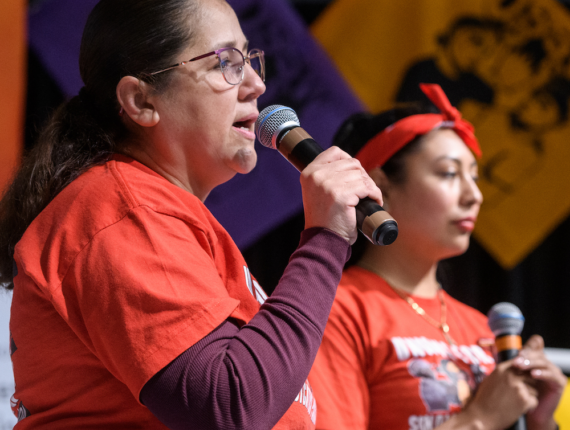These last two days have really had me in a tailspin. My heart is heavy and the struggle for me to hold on to my humanity has never been more real.
When does it stop? What would it take for things to be different?
Has everyone lost their humanity for Black people? I really need to understand why.
Like the actor Jesse Williams said, “… in most situations with white people there is a path to de-escalation, disarmament and them having the ability to be arrested while still breathing … ”
I’m done … I’m done … I’m done with unarmed or legally armed Black people being murdered by the police.
I’m done with having to do a hashtag of their name.
I’m done with the media and perpetrators turning the victims into criminals, dragging up any and every possible mistake they made as if that is what defines them and justifies their trauma.
What I am so done with is the silence, especially silence from our supposedly “woke,” “progressive,” “I’m in the struggle with you,” friends.
It can no longer be just Black people, Latino people, Asian people, Indigenous people calling out the racism that underpins the actions we see every day in our institutions and our society.
It can no longer just be us trying to connect the dots of systemic and structural racism.
In May, the Convention delegates in my union passed a resolution to acknowledge and start to address the current climate: “To Win Economic Justice for Working People, We Must Win Racial Justice.”
All you have to do is look at this country’s history to see that they are still fundamentally linked. Hundreds of years of intentional inequality is not something that can be fixed overnight. We—all of us— -- must, do the work necessary to ensure Black Lives Matter.
For starters, stop saying “All Lives Matter” because until “Black Lives Matter” it isn’t possible for all lives to—it’s just that simple.
And listen to Black people when we talk about how this makes us feel and stop looking to us to help you understand it.
We must have the uncomfortable conversations, not just with our like-minded friends or colleagues, about racism in this country. And have conversations with family members and friends who may have a different opinion.
Find an organization that you can support in whatever way that organization would like; even if it makes you uncomfortable.
VOTE! Vote like your life depends on it because Black lives like Alton Sterling’s and Philando Castile’s did.
It matters who’s in the White House.
It matters who sits in Congress.
It matters who sits on your city council.
It matters who sits on your community’s school board.
They all make decisions that directly affect you, affect me, affect us.
But most importantly speak up. Stop being silent.
As Desmond Tutu said, “If you are neutral in situations of injustice, you have chosen the side of the oppressor.”
What side are you on?



